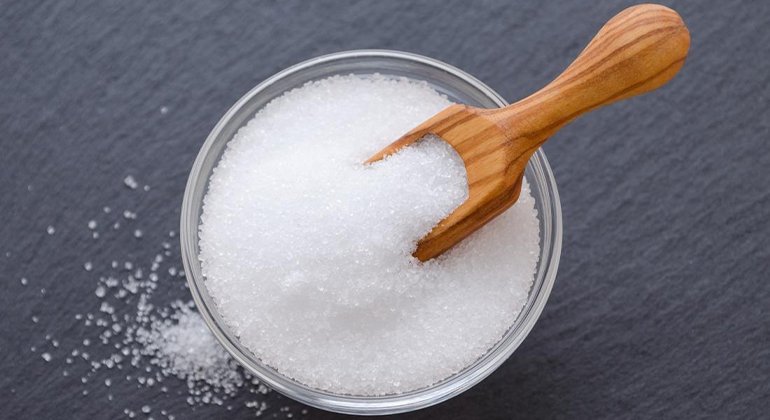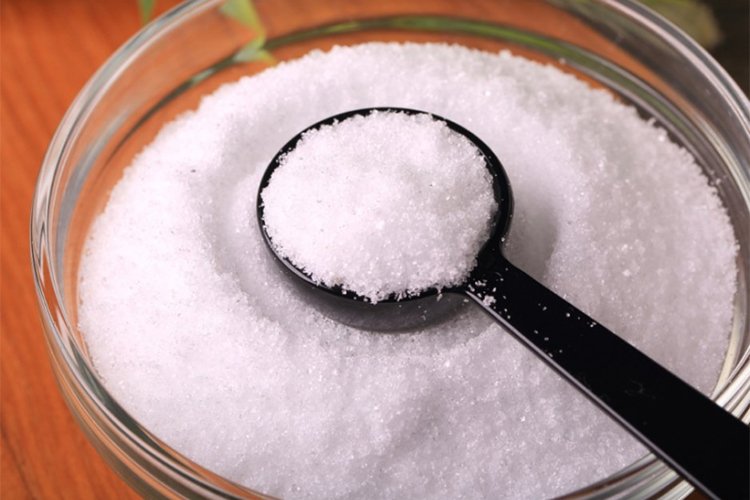- Beauty & Skincare
- Fashion
- Food And Drinks
- Health & Care
- Home & Garden
- LifestyleExplore stories and advice on living your best life. From personal growth to entertainment, dive into the latest in lifestyle trends and inspiration.
- Travel
- Beauty & Skincare
- Fashion
- Food And Drinks
- Health & Care
- Home & Garden
- LifestyleExplore stories and advice on living your best life. From personal growth to entertainment, dive into the latest in lifestyle trends and inspiration.
- Travel
Now Reading: How healthy is sugar alcohol?
-
01
How healthy is sugar alcohol?
- Beauty & Skincare//
- Fashion//
- Food And Drinks//
- Health & Care//
- Home & Garden//
- Lifestyle//Explore stories and advice on living your best life. From personal growth to entertainment, dive into the latest in lifestyle trends and inspiration.
- Travel//
- Home
- Health & Care
- How healthy is sugar alcohol?
How healthy is sugar alcohol?
SahilHealth & Care1 year ago41 Views

If you’re trying to cut down on added sugar—and you should, because too much sugar increases your risk of obesity, diabetes and heart disease—you might be tempted by products advertised as low-sugar, sugar-free or sugar-free.
Many contain well-known low-calorie sugar substitutes like aspartame or sucralose in place of sugar. And if you read the labels, you might also come across another ingredient: sugar alcohol, which is used in products like sugar-free cookies, candy, ice cream, beverages and gum. Is any of these sweeteners a better choice nutritionally? Frank Hu, Ph.D., professor of nutrition and epidemiology at the Harvard T.H. Chan School of Public Health, weighs in below.
Are low-calorie or no-calorie sweeteners healthier than natural sugar?
Also known as artificial sweeteners or sugar substitutes, the list of low-calorie and no-calorie sweeteners you may find on product nutrition labels includes acesulfame-K, saccharin, sucralose, neotame and advantame. These have a higher sweetening power per gram than natural sugar.

Research on them so far is mixed, although some observational studies have found that drinks with low-calorie sweeteners are linked to a higher risk of diabetes and weight gain.
What exactly are sugar alcohols and how do you identify them?
Sugar alcohols may have the most misleading name, as they are neither sugar nor alcohol, according to Dr. Hu. “They are a type of carbohydrate derived from fruits and vegetables, although most commercial sugar alcohols are synthetically produced.”
You can usually identify many sugar alcohols on ingredient lists by “-ol” at the end of their name. Examples include sorbitol, xylitol, lactitol, mannitol, erythritol and maltitol.
Are sugar alcohols healthier than other sugar substitutes or natural sugar?
Here’s a look at the pros and cons.
The Benefits of Sugar Alcohols
Sugar alcohols fall right between natural sugar and low-calorie sweeteners. They aren’t as overly sweet as artificial sweeteners, and they don’t add too many extra calories like sugar does.
“Sugar alcohols are about 40 to 80 percent as sweet as natural sugar, while artificial sweeteners like aspartame are about 200 times sweeter,” says Dr. Hu. “And they have about 25 to 75 percent fewer calories per gram than sugar.”

Another benefit of sugar alcohols is that they break down slowly in the gut. Therefore, your body only absorbs a portion of their total carbohydrates. “This prevents your blood sugar and insulin levels from spiking as much as they do with sugar,” says Dr. Hu. “This makes them a useful sugar substitute for people with diabetes.”
The downsides of sugar alcohols
The biggest downside of sugar alcohols is this: In large amounts, they can cause gastrointestinal problems such as abdominal pain, diarrhea, or loose stools.
Because sugar alcohols are digested slowly, they have more time to feed bacteria in the gut, which can lead to fermentation and excessive gas formation. Their slow digestion can also draw extra water into the colon and have a laxative effect.
Tolerance of sugar alcohols depends on many factors, including body weight, health status, and the amount and type of sugar alcohols. “Individual differences in digestion and metabolism, gut microbiome composition, and dietary habits can also make a difference,” says Dr. Hu. “For these reasons, we recommend introducing sugar alcohols into your diet gradually and observing how your body responds.”
For people who experience gastrointestinal symptoms due to sugar alcohols, the problem can be more severe, according to Dr. Hu says problems can often be remedied by reducing the amount of foods and beverages made with sugar alcohols. “Sugar alcohols are often found in sugar-free or low-carb products, so pay attention to food labeling,” he says. “Because different sugar alcohols can have different effects, it may be useful to identify specific types of sugar alcohols that cause gastrointestinal side effects.”
Are sugar alcohols harmful to health?
Potential long-term health risks of sugar alcohols are still being researched. A 2023 observational study found a link between using erythritol as a sweetener and cardiovascular disease, such as stroke and heart attack, in people with heart disease or risk factors such as diabetes and high blood pressure. However, these findings have not been confirmed in subsequent studies.
“Sugar alcohols offer a healthier alternative to sugar due to their lower calorie content and reduced glycemic response, which is the effect of food on blood sugar levels,” says Dr. Hu. “But they also have potential drawbacks, especially for people with sensitive digestive systems, so it’s best to consume them in moderation as part of an overall healthy dietary pattern.”

























